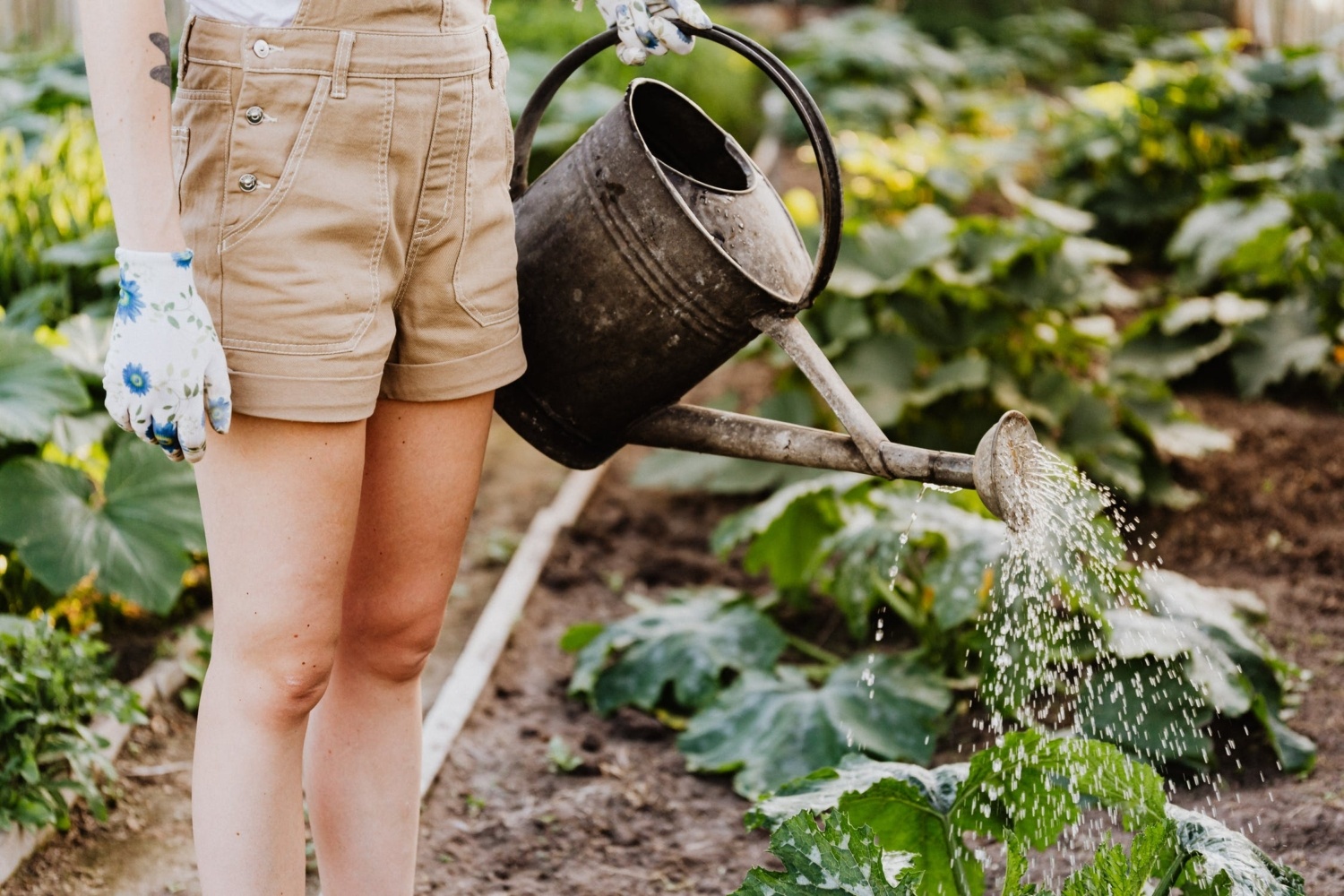
Now the weather is finally getting warmer, we’re all keen to get outside in our gardens and start transforming them. Whether you’re a keen gardener and have been growing and maintaining your garden for years, or perhaps this year is the first year in your new or first home and you’re excited to get started.
Gardening can be a really rewarding and also relaxing hobby to keep up in your spare time. Being outside in the fresh air surrounded by nature is so great for our mental and physical health. It’s also incredibly satisfying seeing plants grow from tiny seeds that we’ve planted and carefully nurtured through the cold Winter.
But, as with any outdoor activity, there are risks associated with gardening – some which you might not have even considered! So we’ve put together some useful advice to help you stay safe when gardening this Summer.
- Always wear gloves
Gardening is tough work on your hands! While you might not be too bothered about getting a bit messy, wearing proper work gloves for gardening protects you from more than just a bit of dirt and soil. Wearing gloves specially designed for manual work, such as gardening, can protect you from over-straining the small, vulnerable ligaments and bones in your hands. They’re also often made from material which is cut-resistant, meaning you won’t get any nasty surprises from sharp, thorny plants. Wearing gloves can also be useful when you’re handling any tools or machinery, including your lawn mower, as it can prevent strain and any blisters/calluses from forming when you’re gripping tools hard, such as when digging or pruning. - Watch your posture
Unfortunately, gardening does tend to involve a lot of bending down – which isn’t great for your posture at all. When you’re gardening try to be mindful of your posture, avoid bending where possible – try kneeling instead, preferably on a cushion. Another option is to use a small stall which you can sit on. - Switch it up
As well as avoiding bending over where possible, it’s also a good idea to switch up your tasks to avoid getting injuries from repetitive movements or strain. If you’ve been working low on small bushes or plant beds for a while, try tending to taller plants or mowing your lawn for a short while, before going back to your lower plants to finish your original task. The key is to try not to spend too long in one position, as this can cause your muscles to seize up – as gardening tasks can involve muscles we don’t usually engage that often. - Stay hydrated
Working outside, especially in warm weather, can be thirsty work! So remembering to keep hydrated is key. It’s easy to get carried away with a task and realise you haven’t had a drop of water in a few hours. Try keeping a small insulated bottle nearby when working on gardening tasks, or set an alarm on your phone to remind you to drink at regular intervals. Aim for at least 2 litres a day. - Wear SPF
Whether you think it’s a sunny day or not, when you’re spending time outside you should always wear a SPF of at least 30. So long as there is daylight, there are harmful UVA and UVB rays about which can cause serious damage to your skin. It’s recommended to apply your sunscreen about half an hour before you go out into the direct sunlight. - Take breaks
Once you get stuck into a task in your garden, often hours can pass by quite easily without you even realising. But it’s important to take small breaks, to avoid overdoing it and causing yourself an injury. It’s also important to take a break from the sun, especially if it’s a particularly hot day. Spend a little while in the shade, to cool off and to prevent yourself from suffering from heat exhaustion. - Use the right tools
Professional gardening tools are designed especially for the task in hand, and will help make any job a little easier. If you try to ‘botch’ a job and use any tool you can get your hand on, you can often end up making a meal out of an otherwise simple task. Keep it simple and use the right tools for the job! - Treat injuries promptly
Injuries, including small cuts and scrapes, are very common when gardening due to the nature of the environment. However, don’t underestimate or play down small gardening injuries. Because of the bacteria which can be present in your garden, it’s crucial to treat any injuries promptly. Make sure you clean any wounds and apply antiseptic cream immediately. If you’re concerned about a cut, scrape or injury, then it’s a good idea to get it checked over by your doctor – just in case you need a tetanus injection.
Most importantly – enjoy yourself and your new hobby! There’s no better way to unwind and destress by getting stuck into a bit of gardening.

